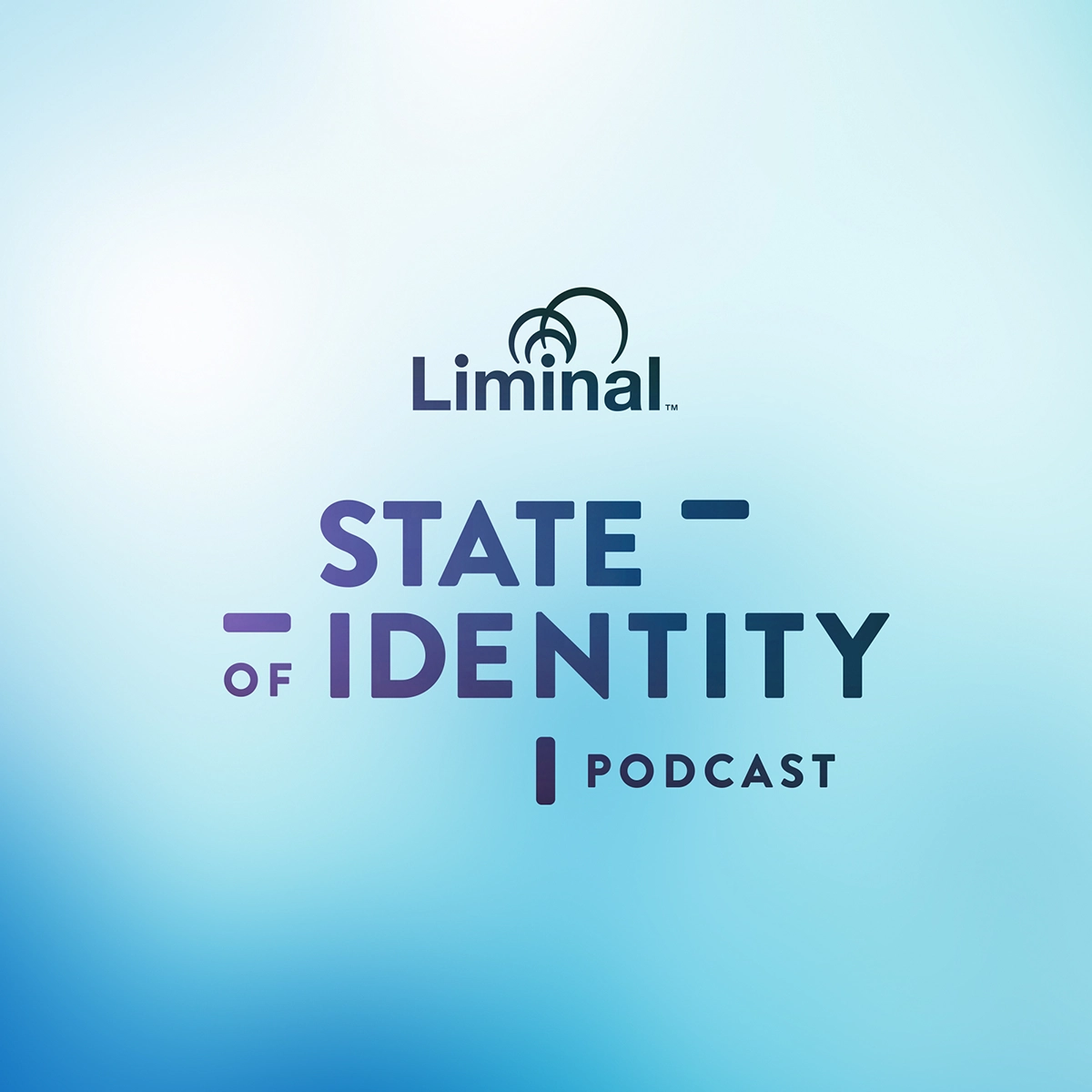On this week’s State of Identity podcast, host Cameron D’Ambrosi is joined by ID5 CEO, Mathieu Roche to explain how identity solutions are a means to enforce data protection mechanisms rather than go against them. They present and explain what ID5 does in contrast to the surveillance advertising narrative.
PODCASTS

02/02/23
The Privacy-Enhancing Technologies We Need Today
Hosted by
Cameron D'Ambrosi
Senior Principal at Liminal
Guest
Mathieu Roche
CEO at ID5
Links
